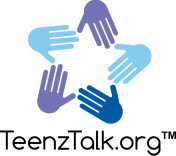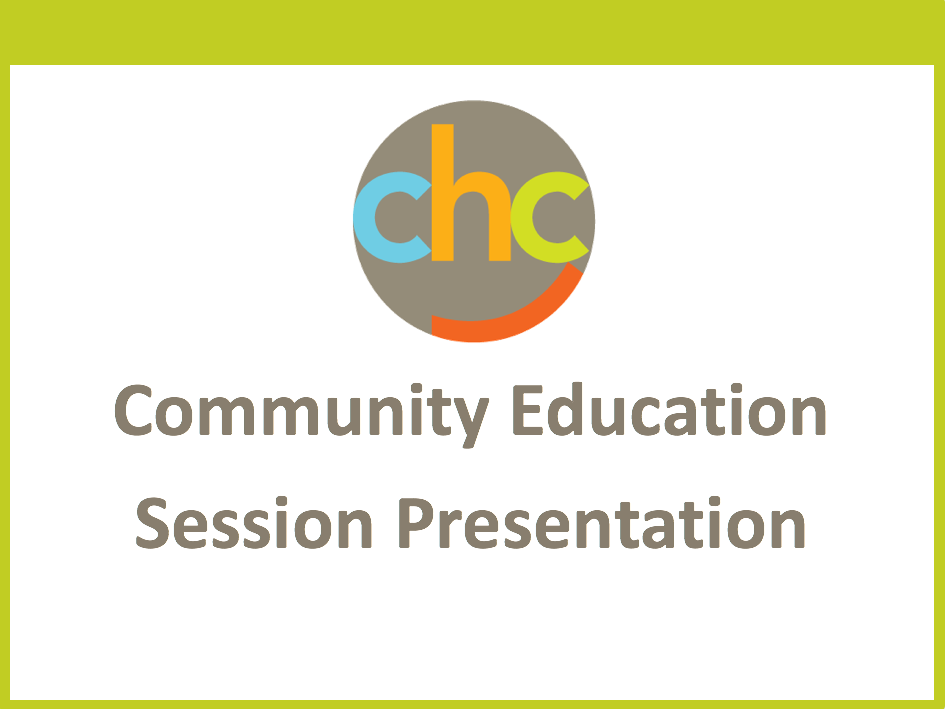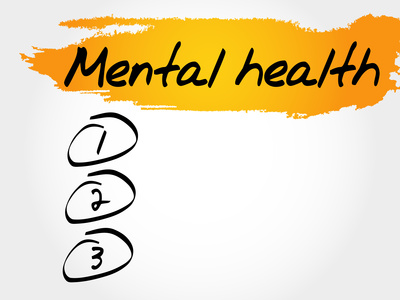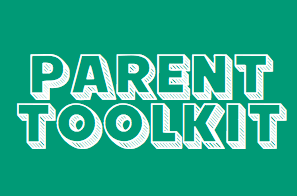TeenzTalk – A Global Teen Community [web resource]
 Nadia Ghaffari founded TeenzTalk.org as a sophomore at Los Altos High School in Los Altos, California. Ghaffari believes that teens are more likely to listen & relate to other teens on topics including stress-management & overcoming disappointment, failure, or challenges. TeenzTalk.org places the focus on positive teen-to-teen influence. Read more »
Nadia Ghaffari founded TeenzTalk.org as a sophomore at Los Altos High School in Los Altos, California. Ghaffari believes that teens are more likely to listen & relate to other teens on topics including stress-management & overcoming disappointment, failure, or challenges. TeenzTalk.org places the focus on positive teen-to-teen influence. Read more »


 Suicides affect millions every year, and the
Suicides affect millions every year, and the 

 It’s not unusual for young people to experience “the blues” or feel “down in the dumps” occasionally. Adolescence is always an unsettling time, with the many physical, emotional, psychological and social changes that accompany this stage of life.
It’s not unusual for young people to experience “the blues” or feel “down in the dumps” occasionally. Adolescence is always an unsettling time, with the many physical, emotional, psychological and social changes that accompany this stage of life.
 One in five people
One in five people


 It may be hard at this age to engage your child in a long discussion about emotions, but taking a couple of minutes a day to ask “What made you feel good today?” or “Did anything upset you today?” is a great way to show you care. Try to avoid questions that will get a “yes” or “no” answer to create more conversation.
It may be hard at this age to engage your child in a long discussion about emotions, but taking a couple of minutes a day to ask “What made you feel good today?” or “Did anything upset you today?” is a great way to show you care. Try to avoid questions that will get a “yes” or “no” answer to create more conversation.

